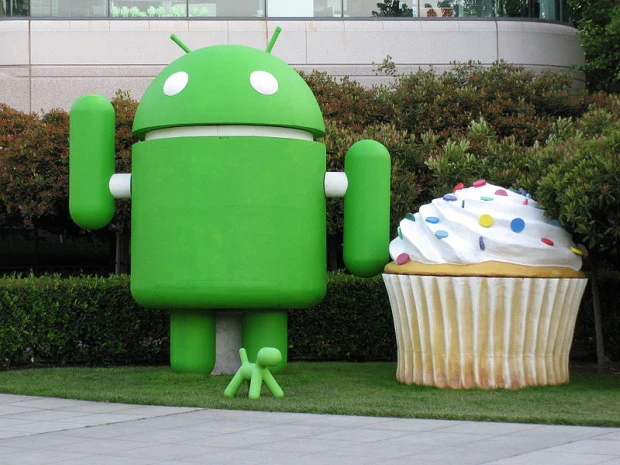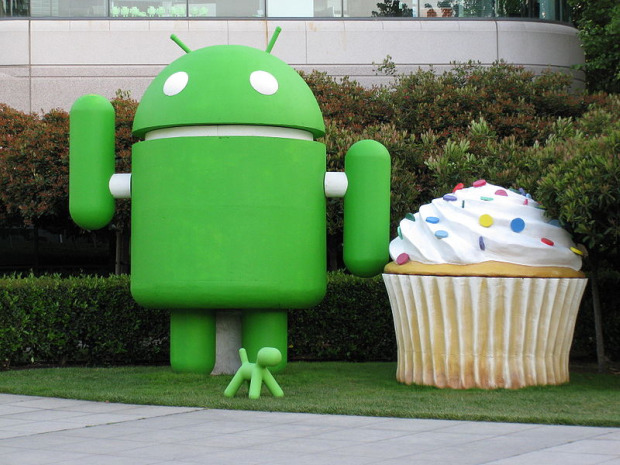
Google CEO, Eric Schmidt, has given an interview to the Guardian in which he claims that 160,000 Android mobile devices are being activated each day. That’s up 60% in a month. Schmidt also claimed that because Android is free, it might become more ubiquitous than Microsoft on computers. But it’s hard to know whether this means Android will eventually be the go-to OS in the mobile world, or whether this is just Schmidt indulging in some diversionary tactics on the day of the iPhone 4 release.
It’s been long acknowledged that Android is the number three OS in the North American market, behind BlackBerry’s RIM and the iPhone’s iOS. Google, however, disputes these figures and almost two months ago, claimed that, according to an NPD survey, Android enjoyed 28%, compared to Apple’s 21%. However, according to a survey of app developers, over 50% of them think that Android is far and away the OS most likely to win the long-term war between Apple and Google. (RIM’s share is mainly down to the fact that it’s the go-to product for businesses, and that it’s been around for years now, but all signs point to trouble at the top.) There are now 65,000 Android apps available for download, up from 50,000 last month.
Although Android 2.2, aka Froyo, is barely five weeks old, it is due to be updated to 2.3, nicknamed Gingerbread, in Q4 of this year. It offers support for the Google-developed (and slightly contentious) WebM video playback and has better copy-paste functions than earlier Android editions and, rumor has it, will allow media streaming from your home computer library, a revamped UI, Bluetooth voice commands, and an Android Market music store.
The Android effect is boosting many previously struggling handset
makers. Motorola, long thought to be on its way out, has seen its
market share rocket up from 2.1% to 12.4%, thanks to its Droid
smartphones. The figures came on the day that Motorola’s Droid X was unveiled
ahead of its July 15 release next month on Verizon. With its
8-megapixel camera, HD camcorder, and super-fast processor, it may not
be an iPhone 4-killer, though–certainly not if you’ve read the reviews on Apple’s newest product.
However, what may harm Android’s long-term development is, ironically, its dependence on various handset makers. Sure, they’ll be selling shedloads of phones–with Samsung, LG, Sony Ericsson, and Garmin all have handsets that use the Android OS–so many platforms may dilute its brand. This is, one assumes, what Google tried to do with its own brand (-ish, it was developed alongside HTC) and what Apple has done all along. Steve Jobs keeps tight control on Apple hardware and Apple’s various OSes. And that’s for a reason.
Recognize your brand’s excellence by applying to this year’s Brands That Matter Awards before the early-rate deadline, May 3.
